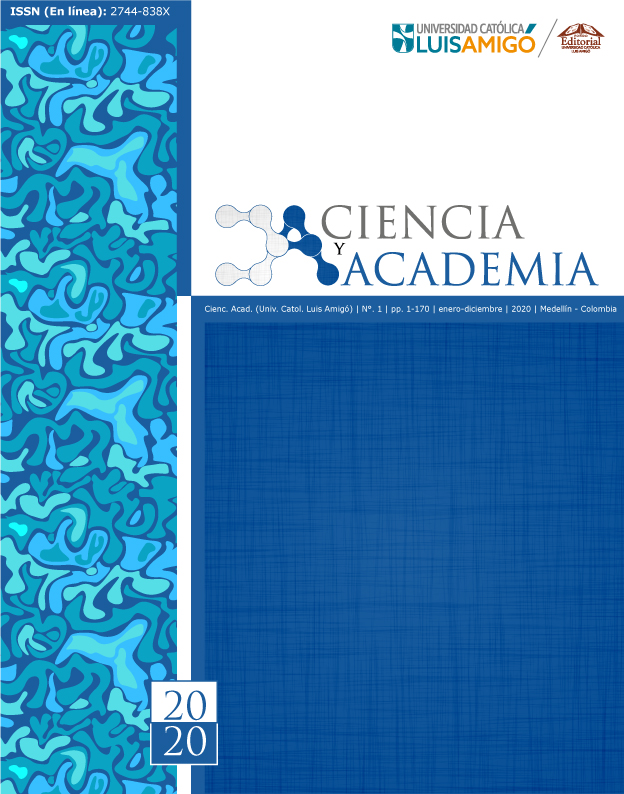The psychology of aversion ... In the times of covid-19
DOI:
https://doi.org/10.21501/2744838X.3718Keywords:
Psicologia de la aversión, COVID 19, PropagaciónAbstract
Without a doubt, we are experiencing a difficult moment. These days, our concerns seem to orbit in one way or another around the threat of being infected and the “costs” derived from regulating it. Although the speed of the “spread” of related information gives this phenomenon a contemporary texture (Dawkins’ memetic analogy, never again in force), the particular economics of preventing infectious contacts is far from being current a concern. Indeed, the presence of parasites and the danger of contracting infectious diseases have been a constant threat to the survival and reproduction of the species from our ancestral past. As a consequence, the need to effectively regulate these threats–often invisible–has “shaped” much of our psychology and our social behavior. Given that one of the most powerful transmitters of pathogens is ourselves it is relevant to look back at the psychology of aversion in the days of COVID-19.Downloads
References
Pinker, S. (1997). How the Mind Works. W. W. Norton & Company.
Rozin, P., Haidt, J., & McCauley, C. R. (2008). Disgust. In M. Lewis, J. M. Haviland-Jones & L. F. Barrett (Eds.), Handbook of Emotions, (3rd ed., pp. 757-776). Guilford Press.
Schaller, M., & Duncan, L. A. (2007). The Behavioral Immune System: Its Evolution and Social Psychological Implications. In J. P. Forgas, M. G. Haselton, & W. von Hippel (Eds.), Evolution and the Social Mind: Evolutionary Psychology and Social Cognition (pp. 293-307). Psychology Press.
Downloads
Published
How to Cite
Issue
Section
License
Copyright (c) 2020 Ciencia y Academia

This work is licensed under a Creative Commons Attribution-NoDerivatives 4.0 International License.
La revista y los textos individuales que en esta se divulgan están protegidos por las leyes de copyright y por los términos y condiciones de la Licencia Creative Commons Atribución-No Comercial- 4.0 Internacional. Permisos que vayan más allá de lo cubierto por esta licencia pueden encontrarse en http://www.funlam.edu.co/modules/fondoeditorial/






